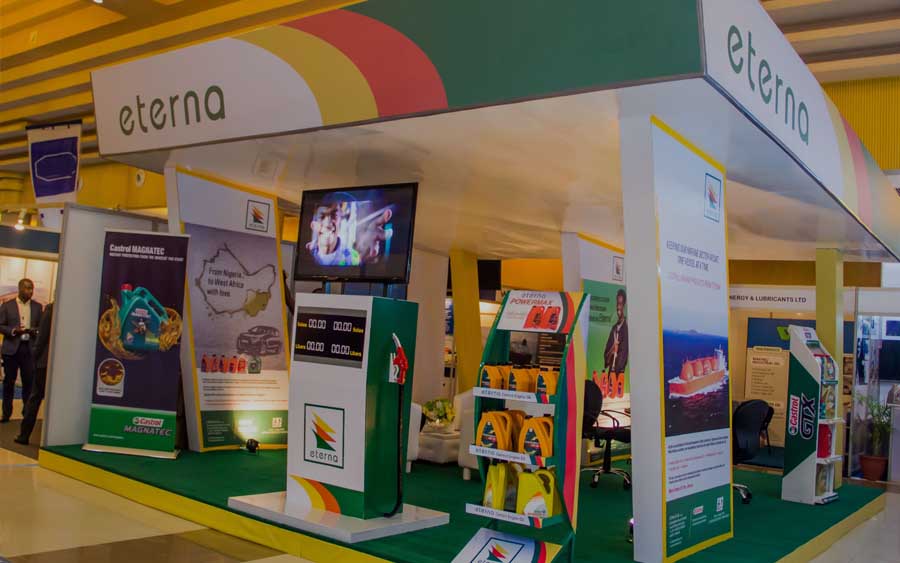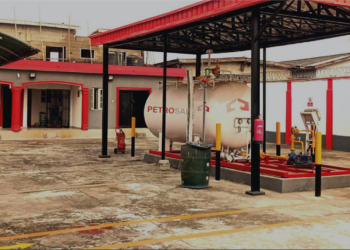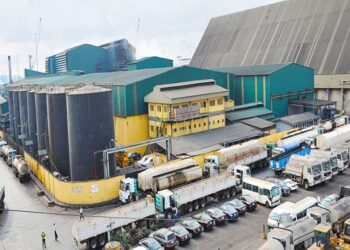Nigeria’s foremost debt capital and OTC exchange, FMDQ OTC Securities Exchange has admitted N3 billion Series 1 Commercial Paper (CP) Notes of Eterna Plc. The fund was admitted under Eternal’s N10 billion Commercial Paper Debt Issuance Programme for quotation on its platform.
According to FMDQ, the successive admittance of the commercial paper followed due approval from the Board Listings, Markets and Technology Committee of the Exchange. The approval attested to the highly efficient time-to-market listings, quotations and noting services offered by it.
“FMDQ recognises the potential of a fully-functional debt capital market and shall continue to innovate and provide efficient services, as may be necessary, to support issuers, investors, intermediaries and other stakeholders, towards achieving an operationally excellent and competitive debt capital market.”
A Commercial Paper is basically an instrument that a company issues to the public when it wants to borrow money. Commercial Papers are short-term lending instruments and typically have a tenor of not more than 270 days.
Companies issue commercial papers when it needs money to fund its short term creditors or account payables (money owed to suppliers).
Recall that in a notice to the Nigerian Stock Exchange (NSE) and the investing public, Eterna Plc had announced a proposed N10 billion 270-day CP. The company intend to use the proceeds for working capital and general corporate purposes.
Eterna performance
Eterna Plc’s results for the third quarter ended September 30, 2018, show that revenue fell from N45.8 billion in 2017 to N32.3 billion in 2018. Profit before tax fell sharply from N1.4 billion in 2017 to N309 million in 2018. Profit after tax also dropped from N973 million in 2017 to N210 million in 2018.
About Eterna Plc
Eterna Oil was incorporated in 1989 as a private company and became a public company in 1997. The company was listed on the Nigerian Stock Exchange (NSE) in August 1998.
The principal activities of the company are manufacturing and marketing of lubricating oils and petrochemicals, importation and sale of fuel through its retail outlets, and the trading of gas and crude oil.






















